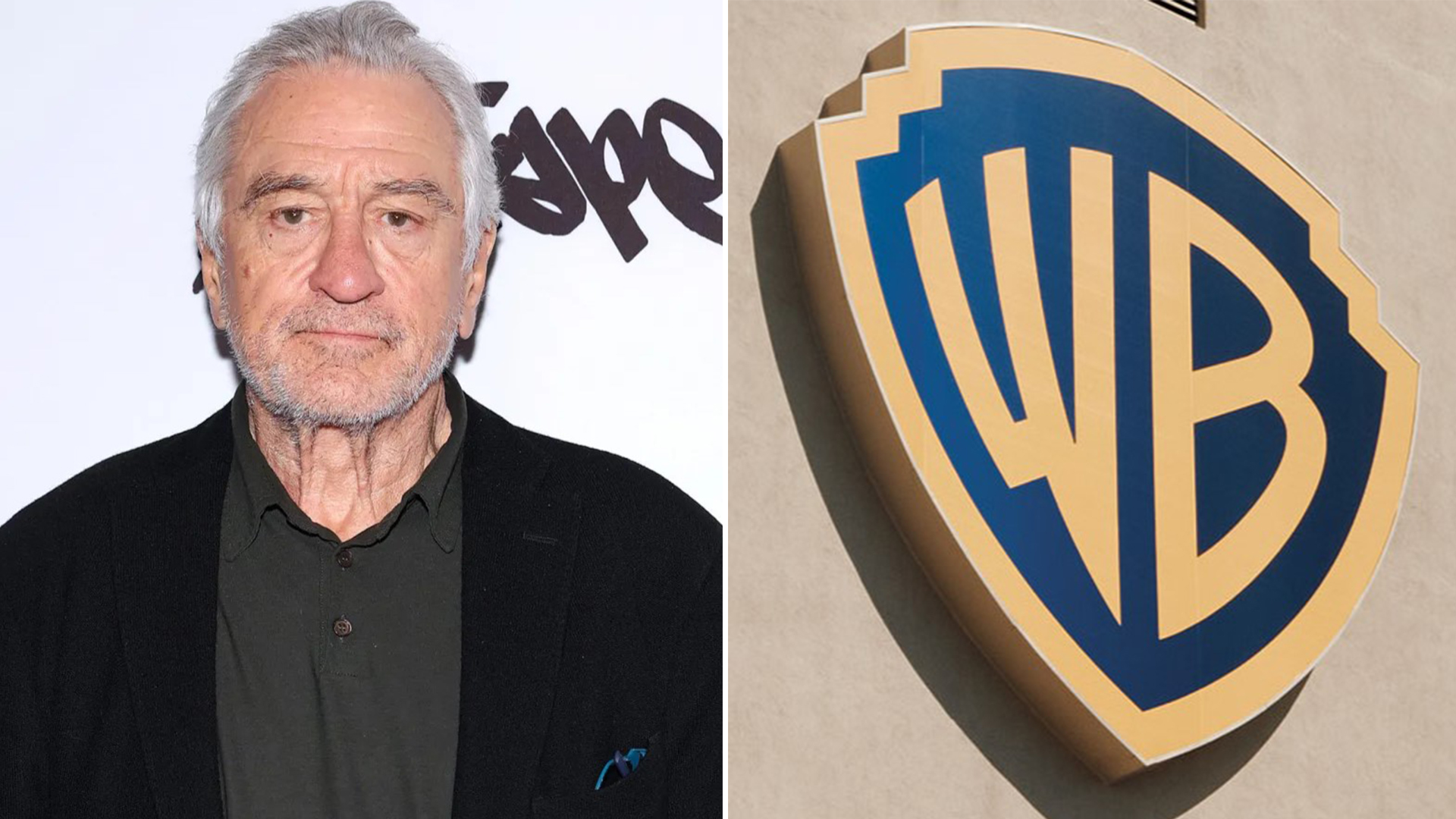Robert De Niro, an iconic figure in Hollywood, has long been celebrated for his versatile acting and captivating performances. However, his outspokenness on political matters has often positioned him at the center of controversy within the entertainment industry. Known for being candid and unreserved in expressing his views, De Niro’s political stance has been a prominent aspect of his public persona, influencing both his personal image and professional relationships.
De Niro has never shied away from using his platform to voice his opinions, particularly on issues concerning governance, social justice, and human rights. His criticism of political leaders, especially during election cycles, has drawn both praise and criticism. While many admire his courage to speak out, others argue that his political activism creates unnecessary division in a field meant for entertainment. For De Niro, however, the stakes often feel too high to remain silent. He has repeatedly stated that as an artist with influence, he feels a moral obligation to contribute to public discourse, especially during turbulent times.
In interviews, De Niro has acknowledged the challenges of navigating politics in the film industry. “Art and politics have always intersected,” he once remarked, “but it’s up to the individual to decide how far they’re willing to go.” For him, that line often blurs, as he not only discusses political issues but also incorporates them into his work. De Niro’s involvement in projects with strong political undertones, such as films addressing corruption or societal inequalities, reflects his commitment to weaving social consciousness into storytelling.
However, this has not come without consequences. His willingness to confront controversial topics has reportedly strained relationships within the industry. Some insiders claim that De Niro’s vocal stance has made collaborations with certain studios and colleagues increasingly difficult. The entertainment business, after all, is highly network-dependent, and strong political views can complicate working relationships.
Despite the potential for backlash, De Niro’s political engagement remains unwavering. He has supported various initiatives and organizations advocating for change, even attending rallies and speaking at public events. Critics argue that this level of political involvement risks alienating audiences who might prefer to separate art from ideology. Yet, De Niro’s defenders assert that his actions reflect his integrity, refusing to compromise his beliefs for the sake of public approval.
Warner Bros’ alleged decision to cease future collaborations with De Niro is emblematic of the tension between politics and entertainment. Reports suggest that his outspoken nature and alignment with progressive causes have created a divide between the actor and major studios. While some see this as a reflection of broader societal divisions, others argue that it reveals the inherent risks of mixing politics with professional endeavors.
For De Niro, the criticism appears to be a small price to pay for standing up for his principles. He has often remarked that the arts serve as a mirror to society, capable of inspiring reflection and change. From his perspective, silence in the face of injustice is not an option, even if it comes at the cost of professional relationships.
In the broader context of Hollywood, De Niro’s situation highlights an ongoing debate about the role of public figures in political discourse. Should actors and filmmakers use their platforms to advocate for change, or should they focus solely on entertaining? While opinions vary, De Niro’s journey underscores the reality that navigating these questions is complex, particularly in a highly polarized cultural landscape.
Despite the controversies, Robert De Niro remains a revered figure in Hollywood. His contributions to film are undeniable, and his political activism adds a layer of complexity to his legacy. Whether audiences agree with his views or not, it is clear that he has chosen to prioritize authenticity over conformity, a choice that continues to define his career both on and off the screen.
This is SATIRE, It’s Not TRUE
